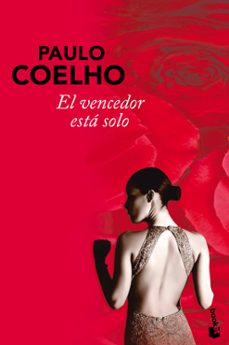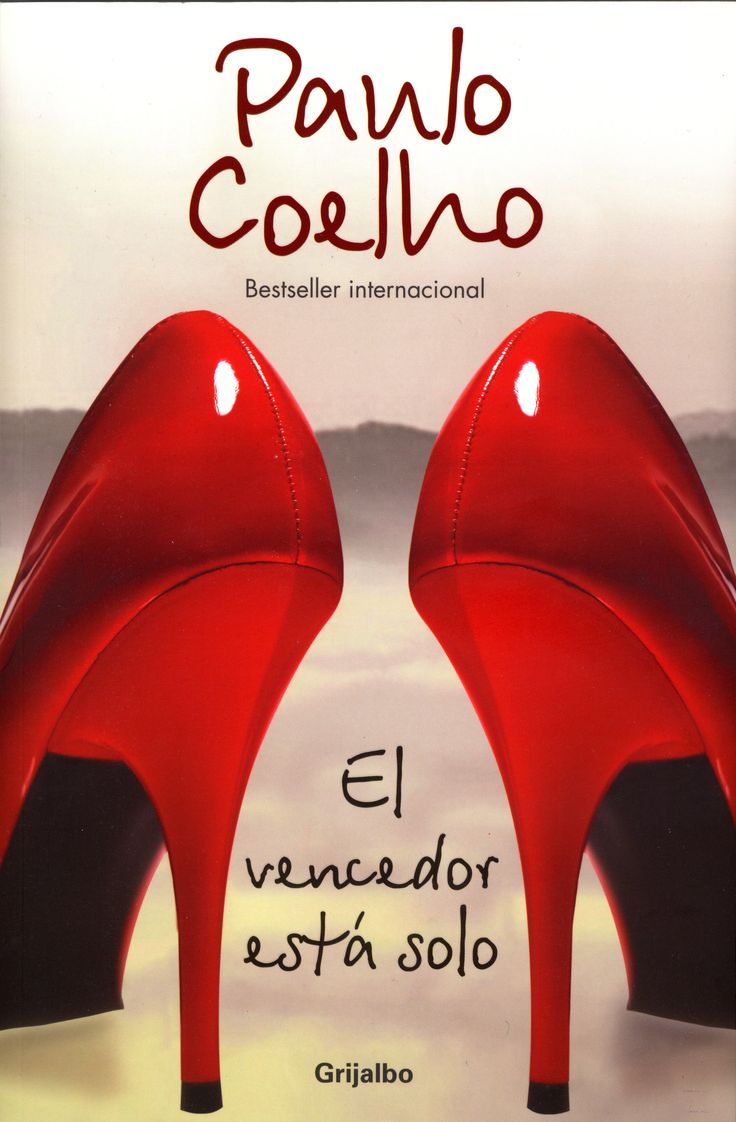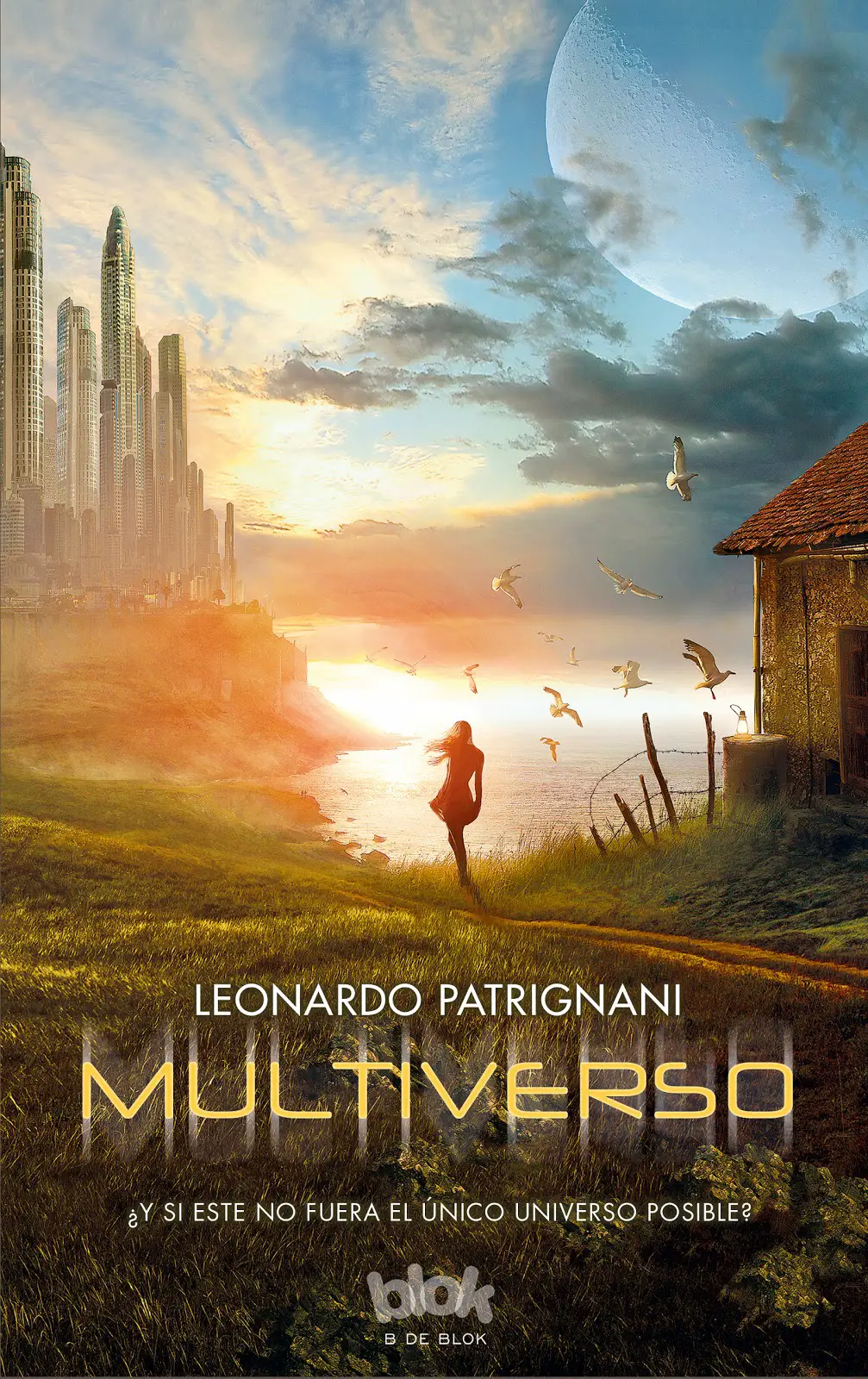

#El vencedor del mundo invisible pdf skin
Accordingly, I defend that freedom, as the experience of possibility through our awareness of this contingency due to the lack of an origin, emerges for us in the experience of thinking.Canine atopic dermatitis (cAD) is a common allergic skin condition in dogs that causes long-term itching it is similar to eczema in people.

This would also mean that the meaningfulness of all things is wildly contingent, in fact necessarily, so. If this is accepted as an ontological fact, this requires that we reconsider what it would mean to think, as all of our engagements with the world would be creative-both of ourselves and of what it is that we encounter. We are constituted and constituting by our engagement with the things that environ us, and this environing is active and alive. This reconfiguration of the constitution of things as either parts of organic structures (Schelling) or beings in a world (Heidegger), demands that we recognize how our identities are perpetually being constituted in all of our acts of relating with the world. Nancy cites Schelling and Heidegger as the thinkers who have made an attempt to think about ecstasy seriously as a fundamental ontological fact about the constitution of things.

Following suggestions from Jean-Luc Nancy’s The Inoperative Community, Being Singular Plural, and The Experience of Freedom, my dissertation argues that re-thinking of freedom as an experience simultaneously requires a re-thinking of identity, in terms of ecstasy, ek-stases, or ex-position, and accordingly a re-thinking of the activity of thinking itself.

I argue that if we do not want to fall either into the Third Antinomy, we must steer away from thinking of freedom as a predicate of a subject and reconfigure it as an experience or a comportment.
#El vencedor del mundo invisible pdf for free
Yet after a certain point the manner in which this question is to be asked has been canonized and sedimented: do humans (subject) have the capacity (predicate) for free and spontaneous action? The third antinomy of Kant’s Critique of Pure Reason, I argue, demonstrates the necessary failure, the perpetual aporia, of continuing to discuss whether humans conceived of as subjects possess the predicate freedom. The question of freedom has been a present and constant concern since the inception of the occidental philosophical tradition. My analyses in this short presenatation are based on the so called ‘sacred economy of breath’, informed both by Indian philosophy (prana) as well as by French feminist philosopher Luce Irigaray (Between East and West, “The Age of the Breath”). his economy is sacred because it is related to the question of forming a community, looking thus at something that is bigger than we are, and yet, something that is only possible within and for ourselves. Already for Marx it was clear that “alle Naturkräfte aus- und einatmende Mensch” is an aspect of humanity that has been radically forgotten in the course of history.1 But why do we keep forgetting air in philosophy? Luce Irigaray once wrote: “I breathe, therefore I am.”2 Why are then we still evading this phenomenon, perhaps the only one that could bring us closer to our own becoming as ethical beings, towards a new form of mutual conversation, a conversation of humanity perhaps, as also implied in this becoming? It is from our bodies, impregnated as they are by the air we breathe, that we can perceive another being in pain, a being living at the edge of their body-self, a body of which “arithmetic of breathing” (J. We always realize too late that there was a life. While we all know and recognize radically the need of others (including animal others, and, in a way, even nature) to take in and give out breath, at each and every moment, we still reside in our life-worlds, in the grip of most elemental fears of losing the ground beneath our feet, constantly protecting ourselves and taking more than we possibly need (of ourselves, of nature) for ourselves, and causing others to sufocate by not getting their food of life – air. My aim in this presentation is to establish a platform for an ethics of otherness, ethics of breath/life, an ethics as a place for the future conversation of (mild) gestures – such as compassion, forbearance and care.


 0 kommentar(er)
0 kommentar(er)
